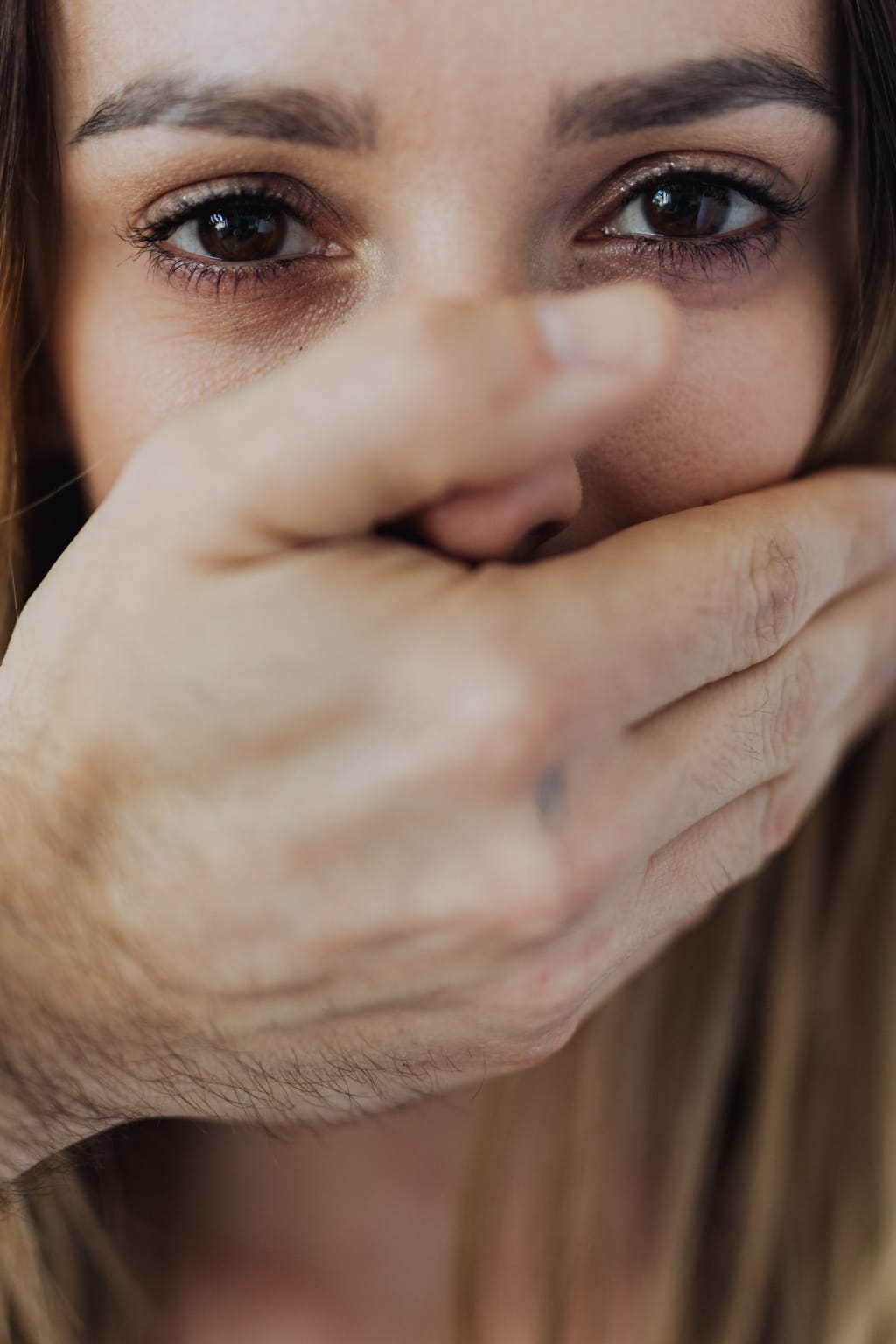The Silent Scourge: Domestic Violence and Its Devastating Effects on Children
The following articles include the effects of domestic violence and the punishments of it according to law.

Introduction:
Domestic violence is a pervasive issue that plagues societies worldwide, cutting across cultural, social, and economic boundaries. It shatters lives, disrupts families, and leaves lasting scars on its victims. While the immediate consequences of domestic violence are well-known, the long-term effects on children who witness such abuse often go unnoticed. This article aims to shed light on the impact of domestic violence on children and explore the legal framework in place to address this heinous crime.
The Effects of Domestic Violence on Children:
Children growing up in households marred by domestic violence are exposed to a toxic environment that significantly shapes their psychological, emotional, and behavioral development. Witnessing violence between their parents or caregivers inflicts profound trauma on these young minds. The effects can be long-lasting and far-reaching, affecting various aspects of their lives, both in the short and long term.
Emotional and Psychological Consequences:
Children exposed to domestic violence are prone to a range of emotional and psychological problems. They often experience fear, anxiety, and depression, feeling a constant sense of unease and instability. Witnessing the abuse of a parent can lead to feelings of guilt, shame, and helplessness. Such experiences can negatively impact their self-esteem and overall mental well-being.
Behavioral Issues:
Children exposed to domestic violence may exhibit a myriad of behavioral issues. They may become aggressive, display hostility, and struggle with impulse control. These children are at a higher risk of engaging in violent behavior themselves or developing conduct disorders. Additionally, they may experience difficulties in school, such as poor academic performance, trouble concentrating, and increased absenteeism.
Physical Health Concerns:
The impact of domestic violence extends beyond emotional and psychological consequences. Children who witness abuse in their homes may also experience physical health problems. The constant stress and anxiety they endure can weaken their immune system, leading to a higher vulnerability to illnesses. Furthermore, they may develop sleep disorders, such as nightmares or insomnia, which further impairs their overall well-being.
Interpersonal Relationship Challenges:
Growing up in an environment marred by violence shapes children's perceptions of relationships. They may struggle to form healthy attachments, have difficulties trusting others, and experience challenges in establishing and maintaining intimate relationships later in life. This perpetuates a cycle of violence, as they are more likely to engage in abusive relationships themselves or become victims of abuse.
Legal Measures and Punishment for Domestic Violence:
Recognizing the severity of domestic violence and its detrimental effects on children, legal systems around the world have implemented measures to address this issue and protect the victims. The specific laws and punishments vary across jurisdictions, but their primary objective is to hold the perpetrators accountable and provide support to the affected individuals.
Criminalization of Domestic Violence:
Many countries have enacted legislation that specifically criminalizes domestic violence. These laws make it an offense to inflict harm or engage in abusive behavior within a domestic setting. They aim to provide a legal recourse for victims and create a deterrent against future acts of violence.
Restraining Orders and Protection Orders:
Courts can issue restraining orders or protection orders, which prohibit the perpetrator from contacting or approaching the victim and the children. These orders prioritize the safety and well-being of the victims, granting them a measure of legal protection.
Child Protection Services:
In cases where children are exposed to domestic violence, child protection services intervene to ensure their safety and welfare. Social workers and child advocates work closely with families to assess the risks and implement appropriate measures, such as temporary removal from the abusive environment, counseling services, or supervised visitation.
Rehabilitation and Support Programs:
In addition to legal consequences, rehabilitation and support programs play a crucial role in addressing domestic violence. Perpetrator intervention programs aim
About the Creator
AHMED BUTT
Hi I am a freelancer I really love to write articles and stories and on my profile I will be posting all the work I have done so far.






Comments
There are no comments for this story
Be the first to respond and start the conversation.